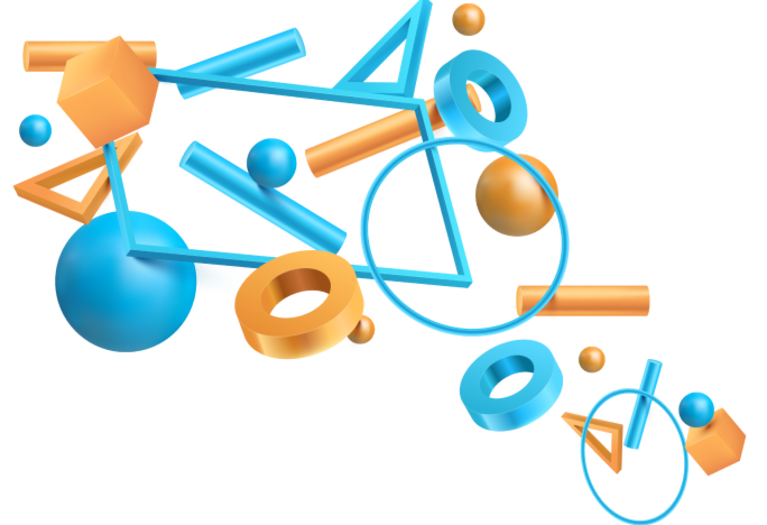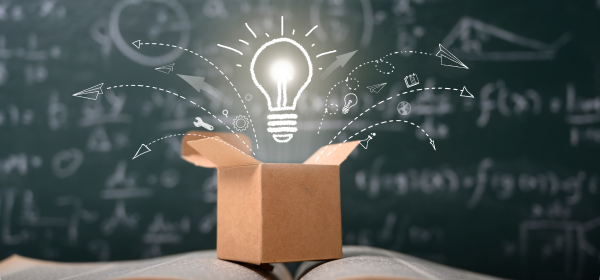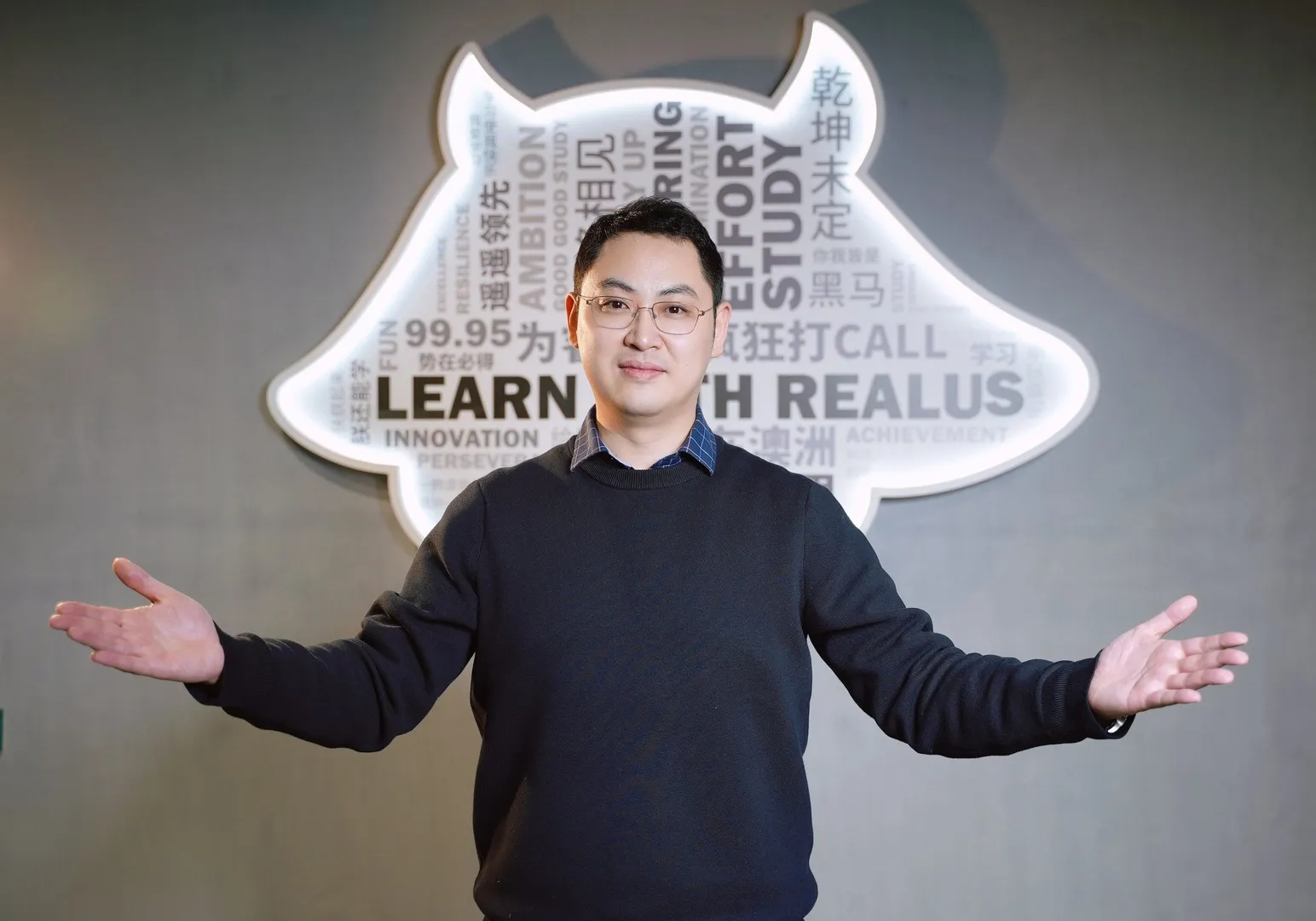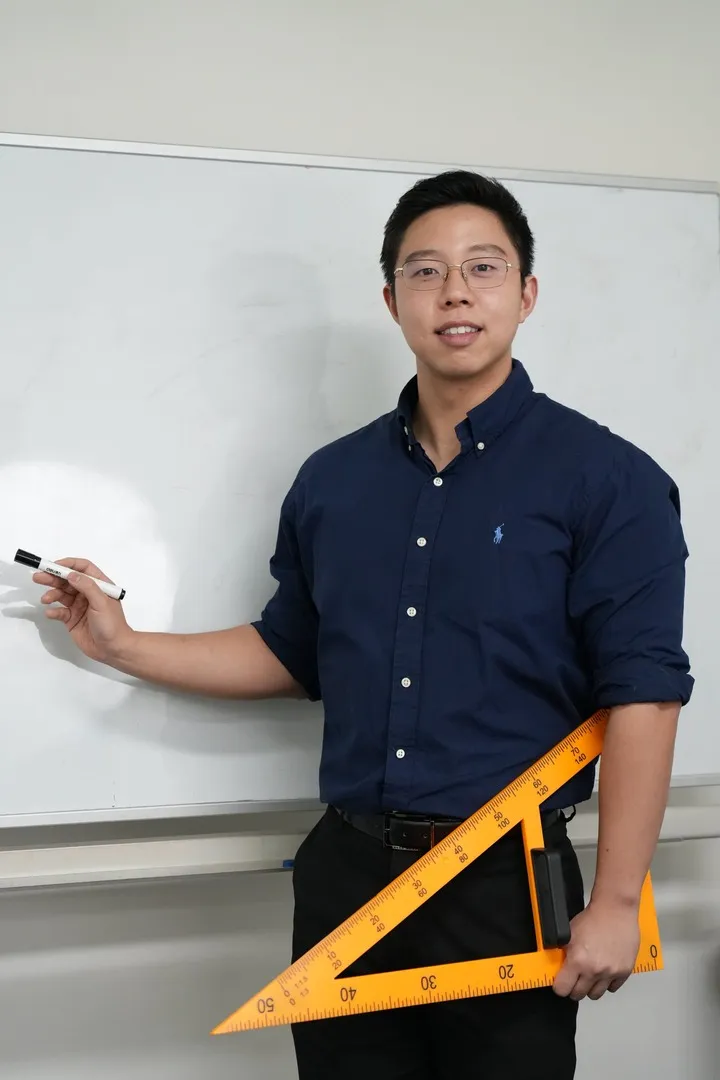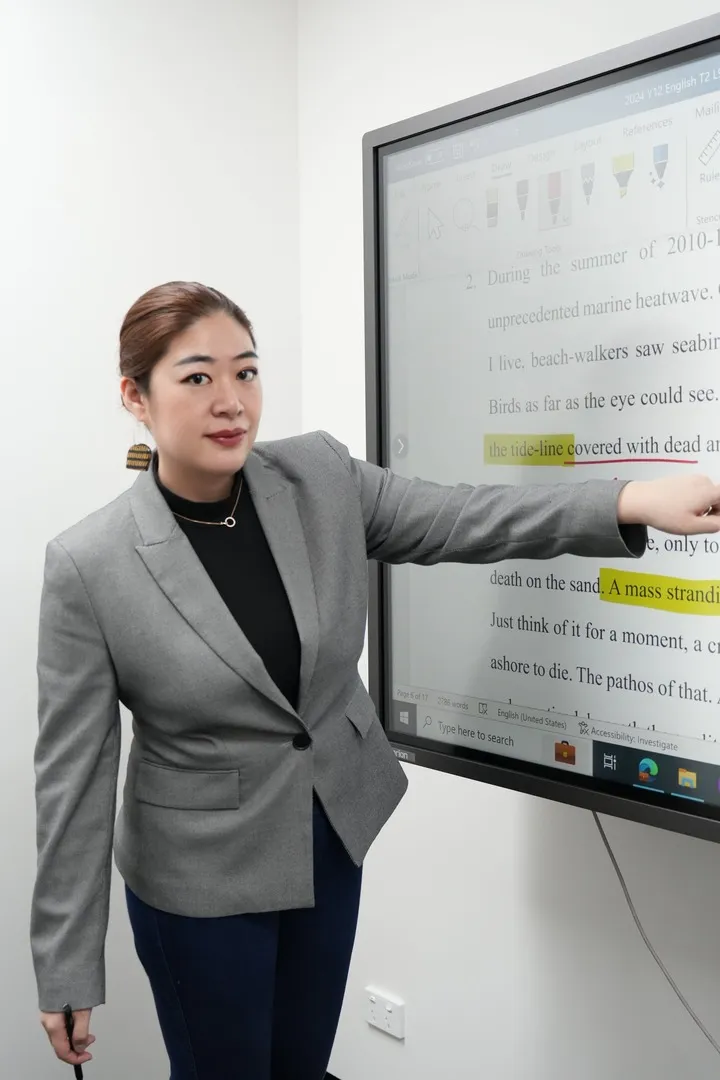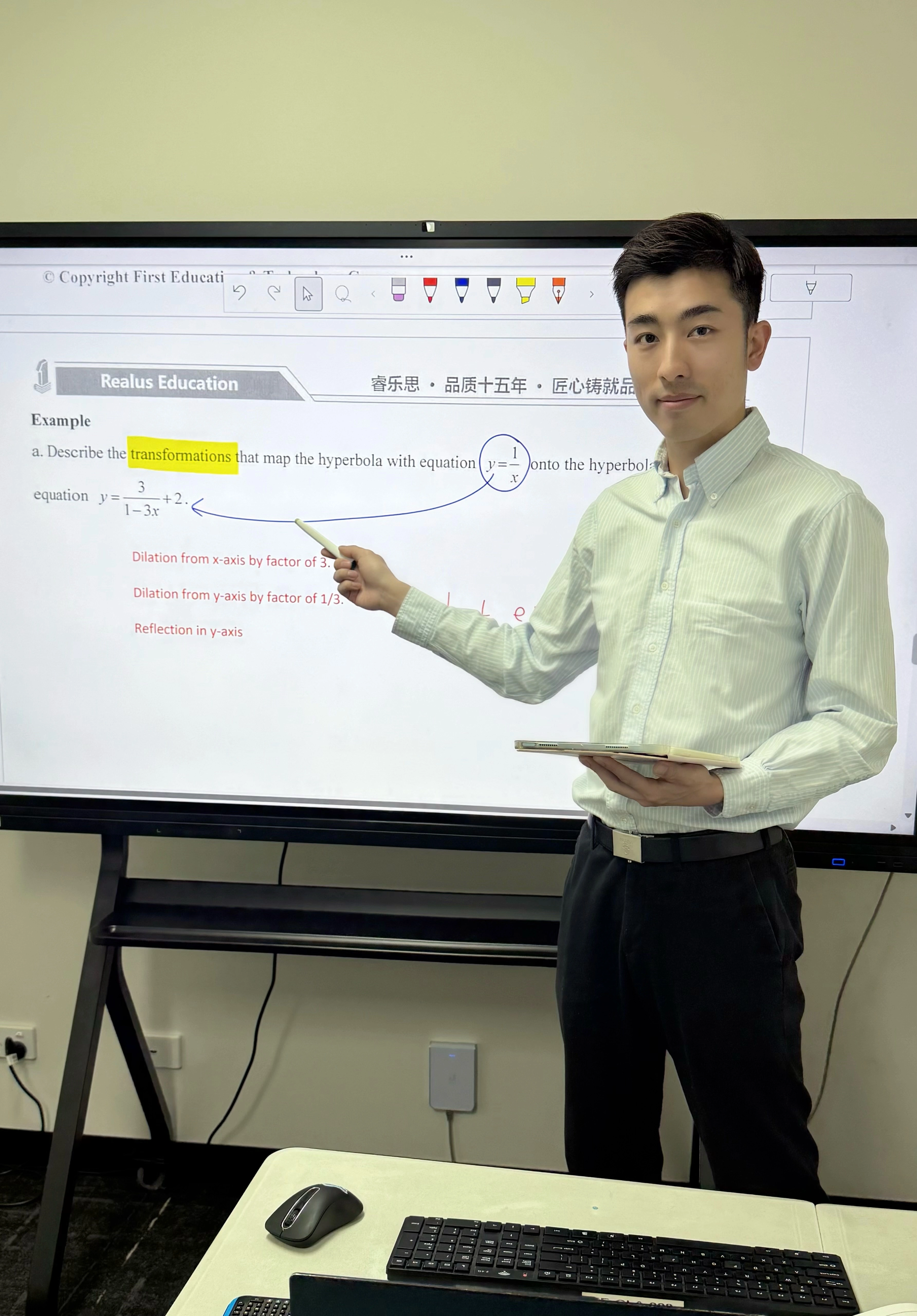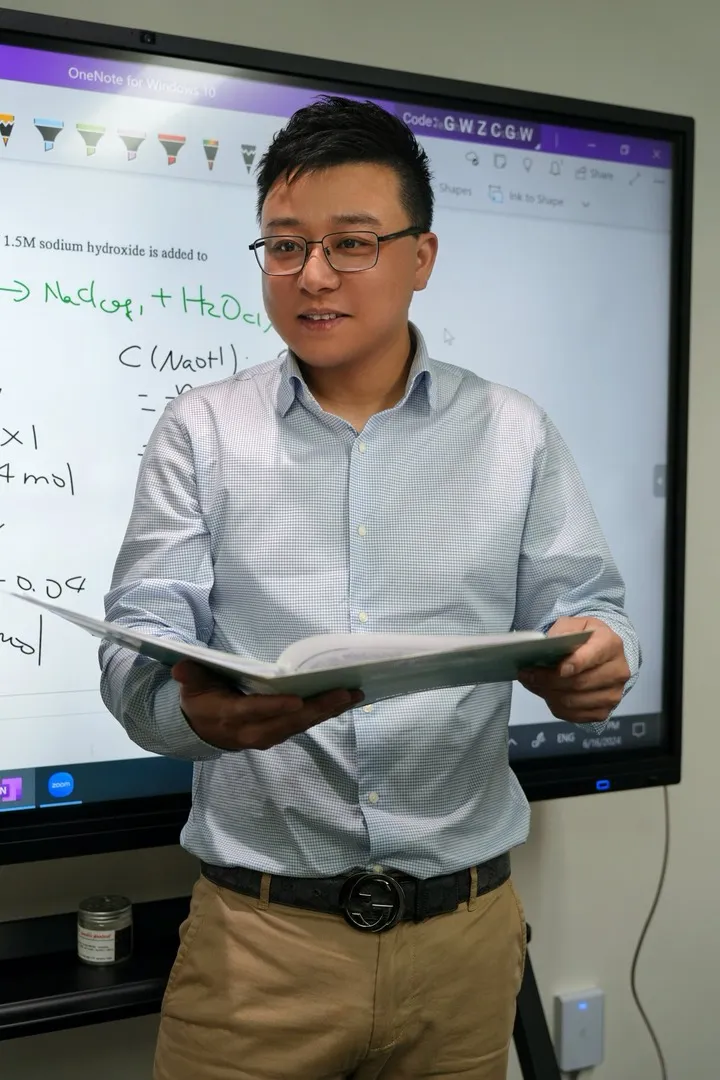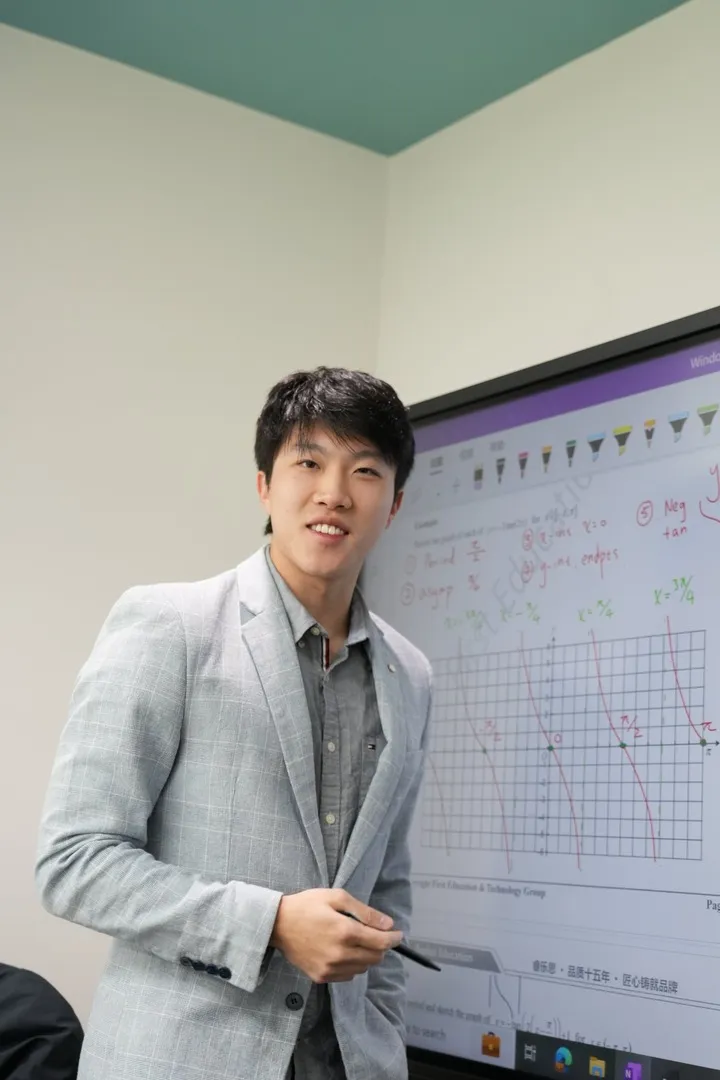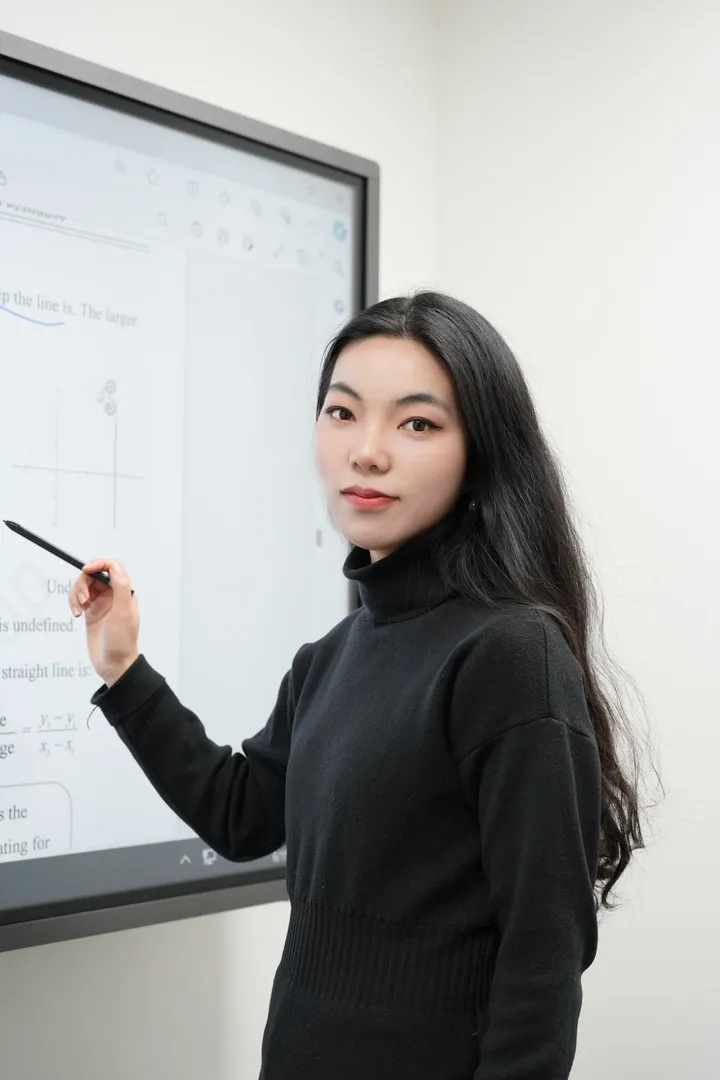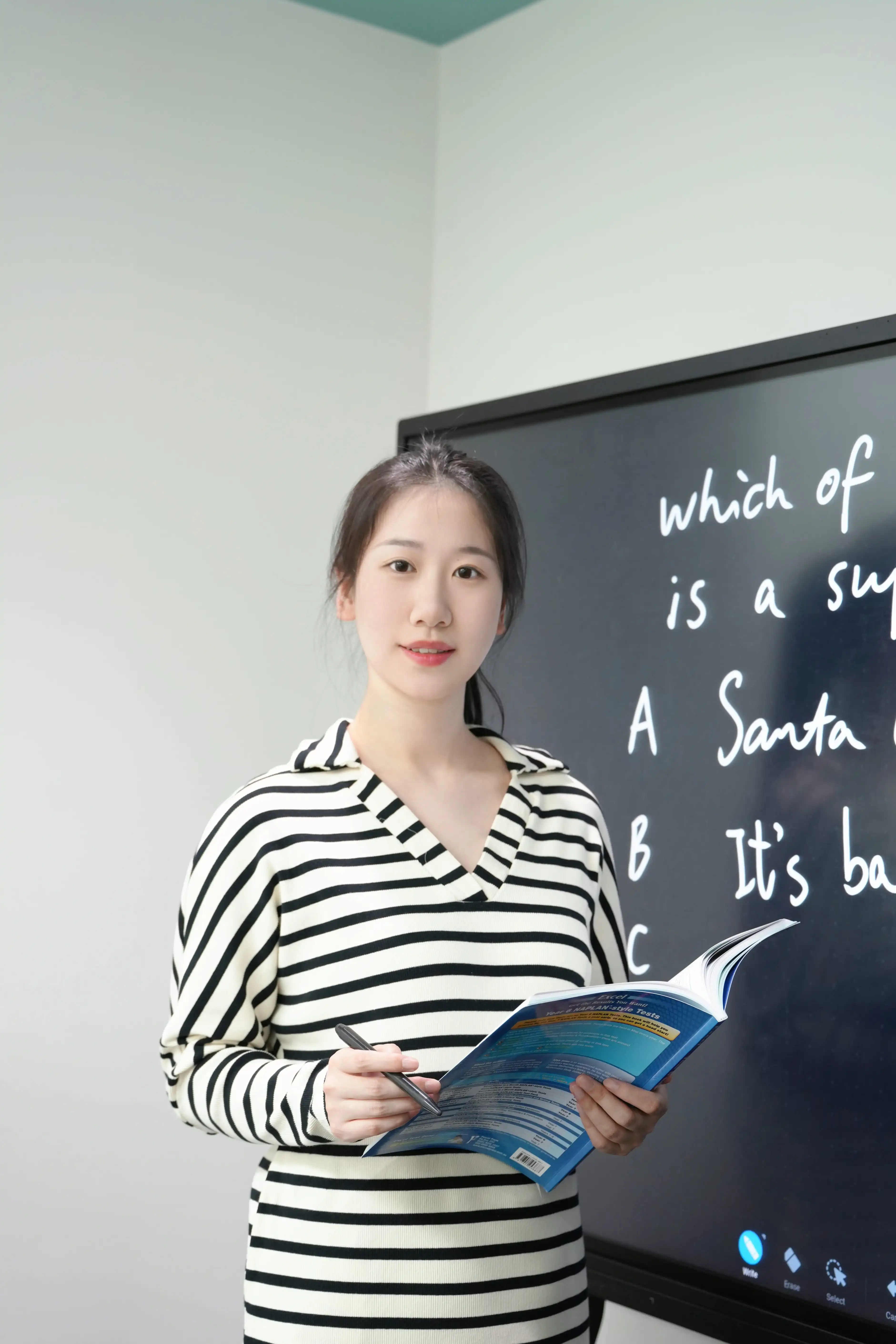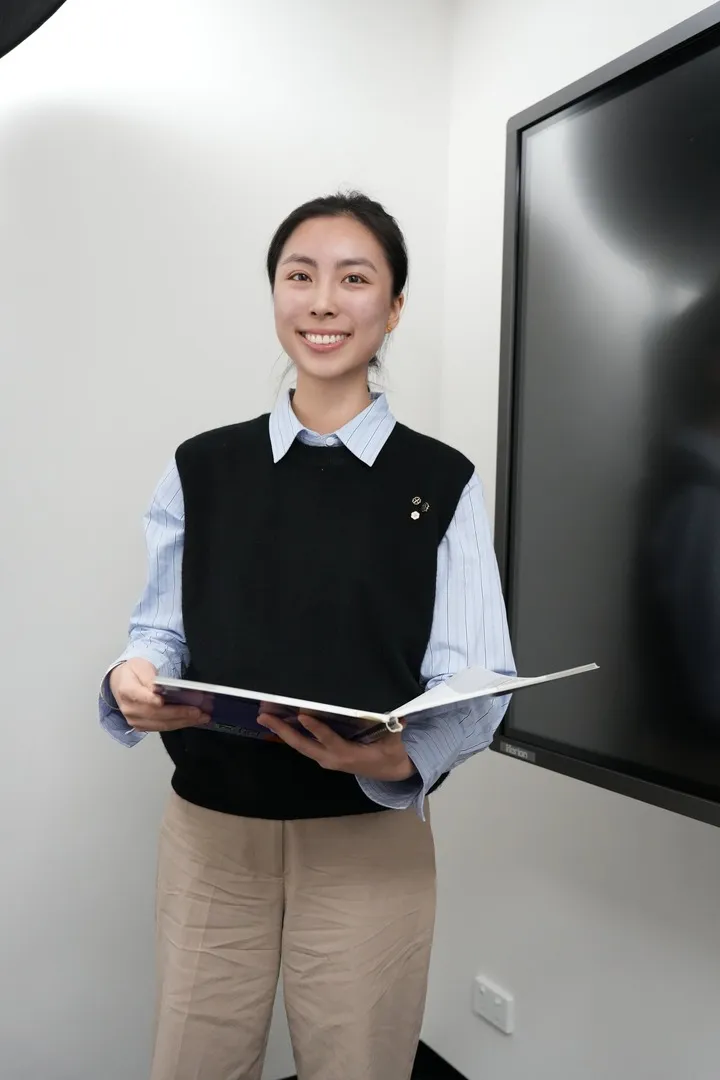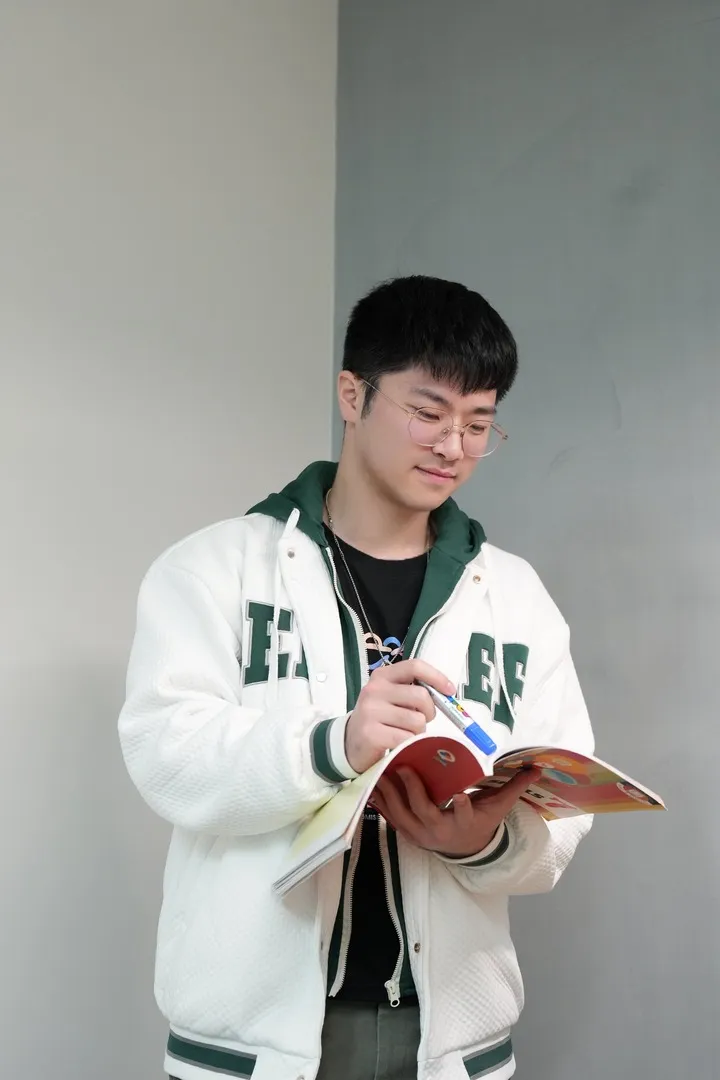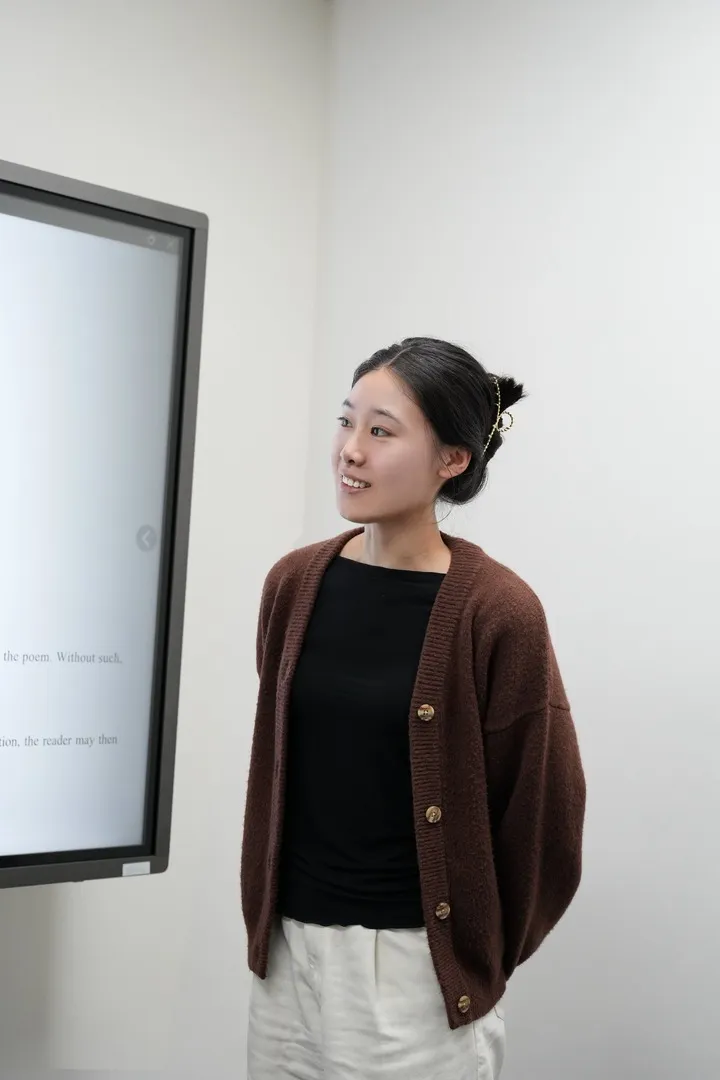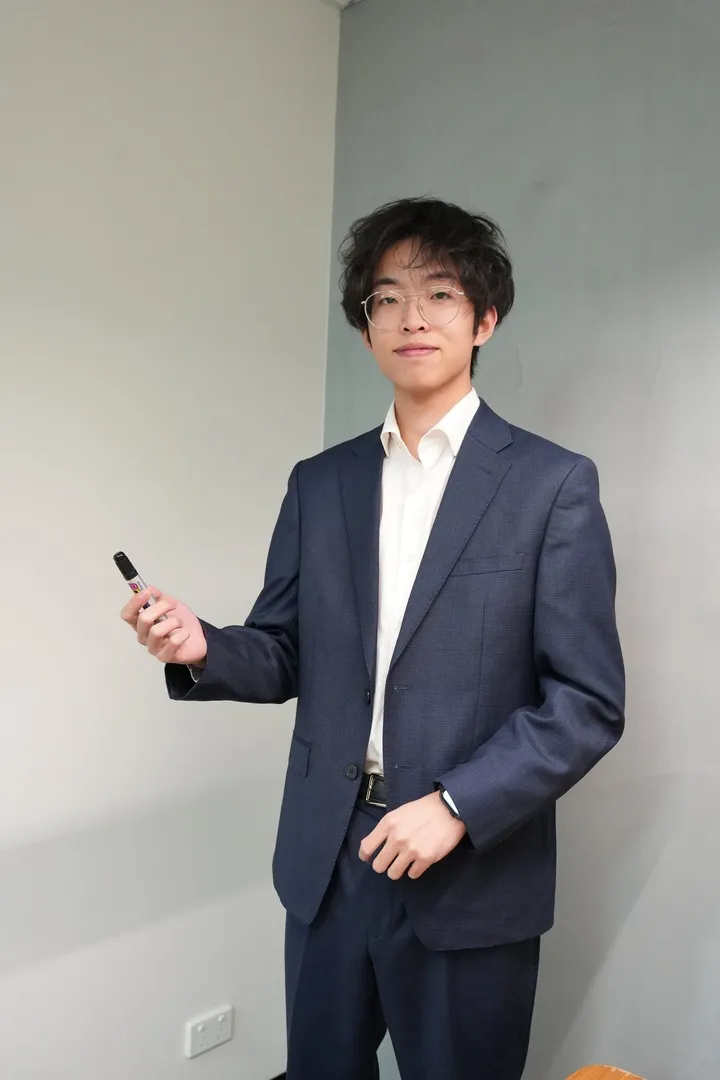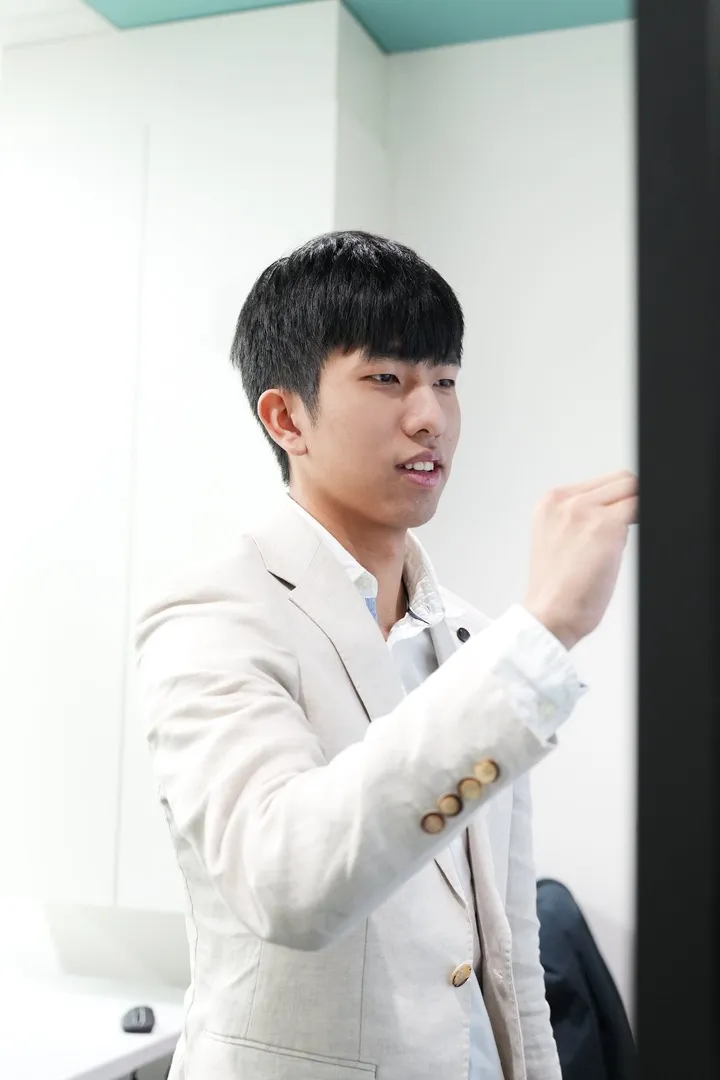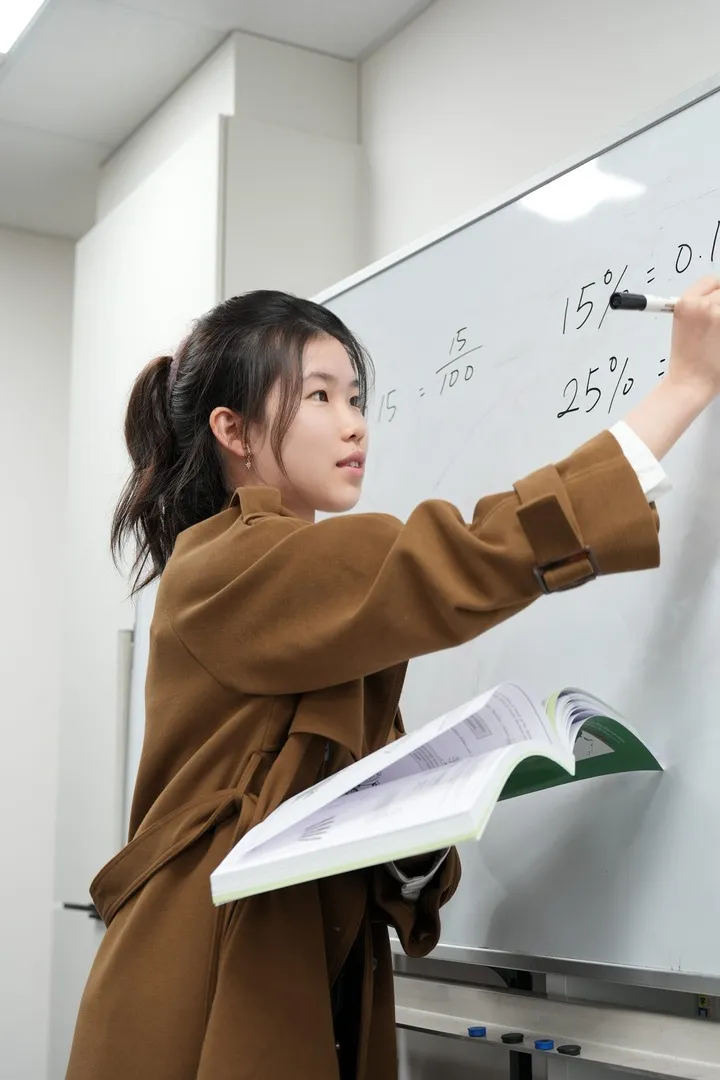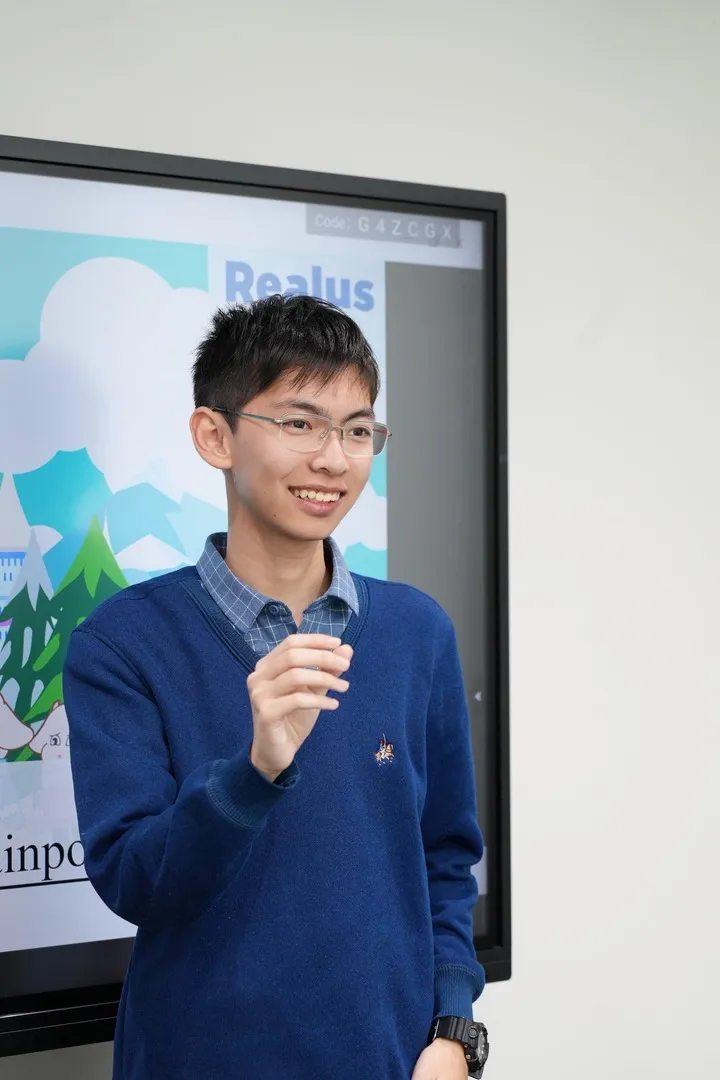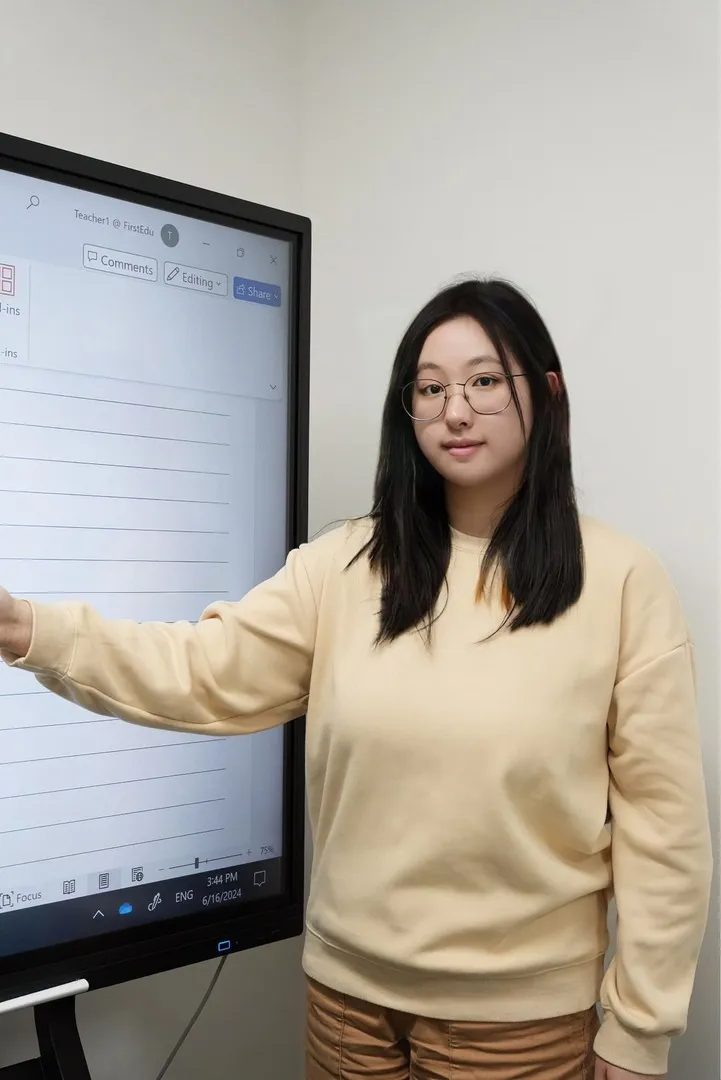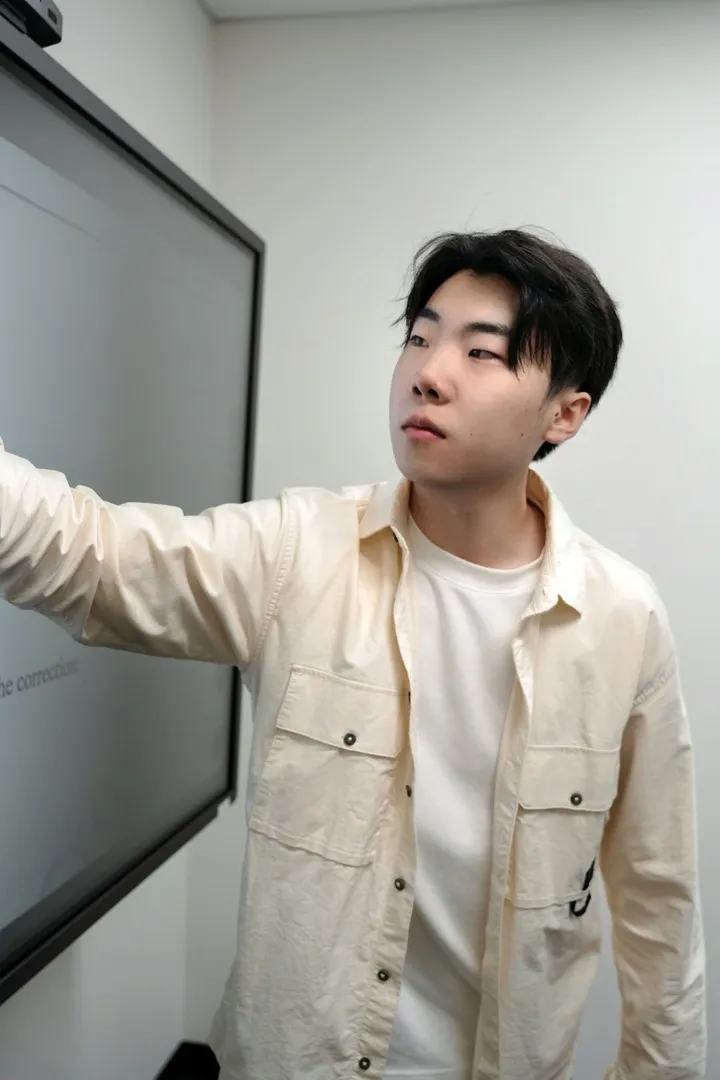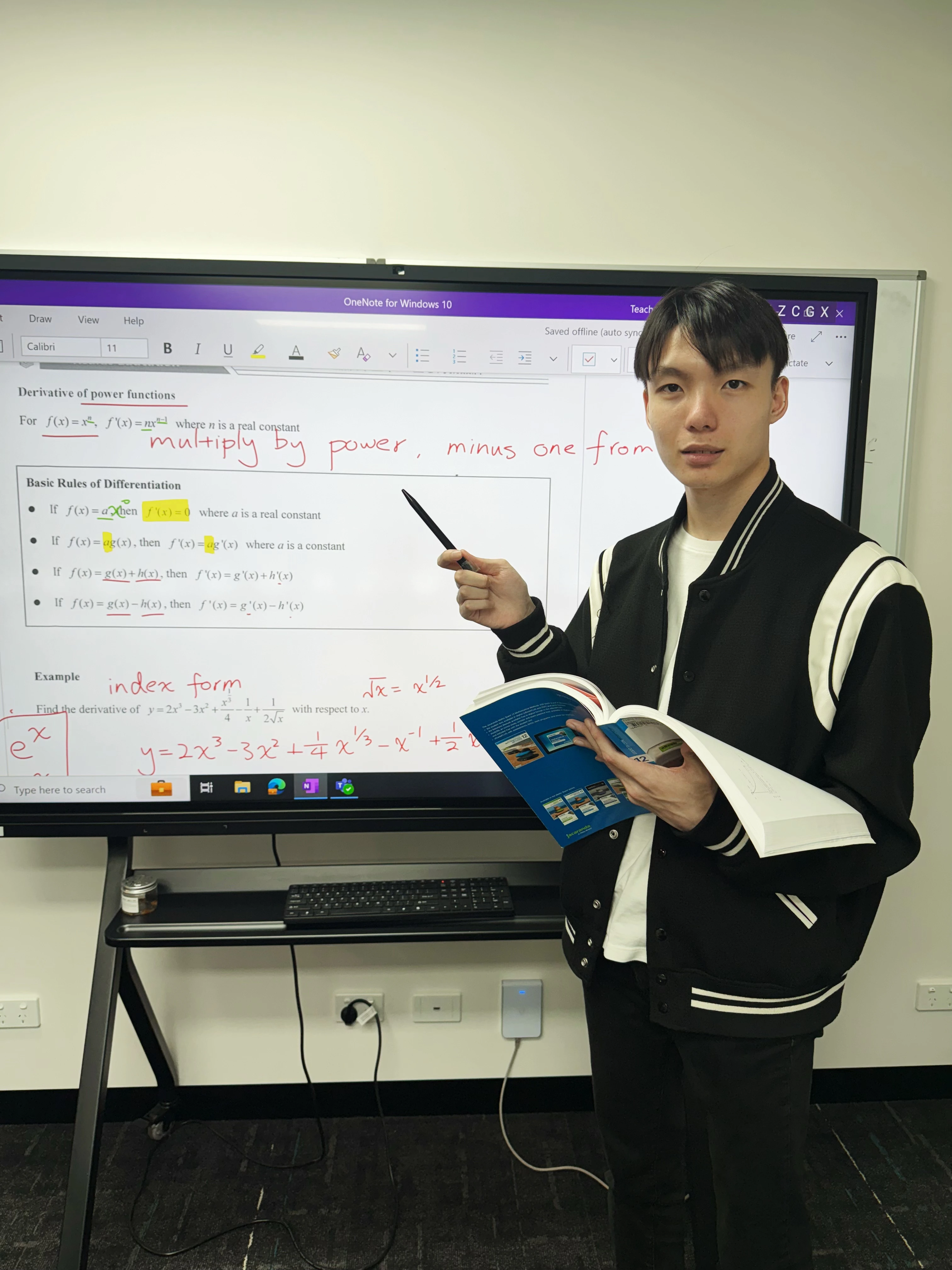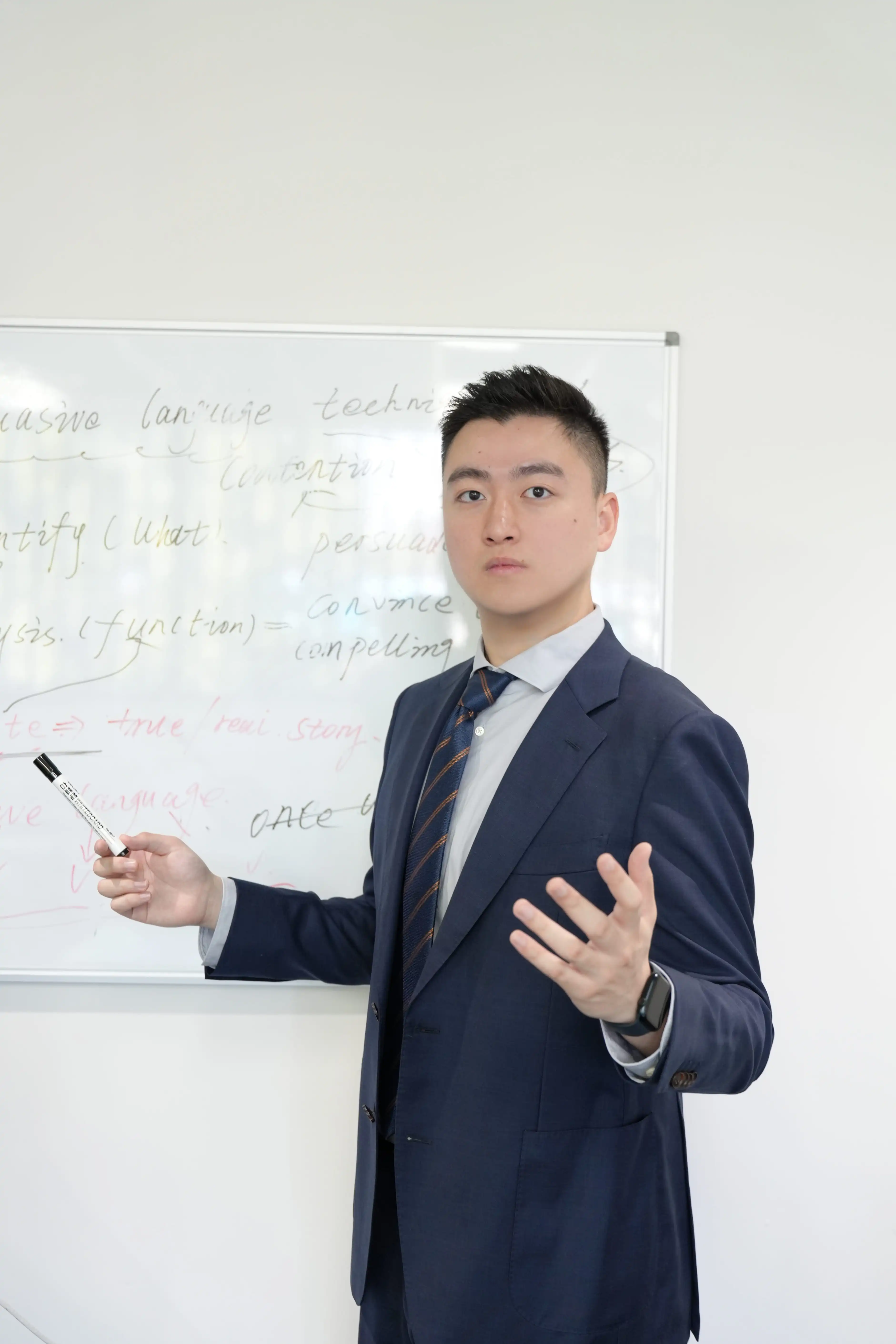Preparing Students for Future Success with
Year 11 VCE Chemistry
at Realus
At Realus, we don't just prepare students for their Year 11 exams—we equip them
with the skills, mindset, and confidence to thrive in the future. Our Year 11 VCE Chemistry
program is designed to help students develop critical scientific competencies that will support
their academic and professional success.
Developing Key Scientific Skills for Future Careers
Our Year 11 VCE Chemistry course empowers students with
essential scientific skills that go beyond textbook learning. Students gain hands-on experience
and develop expertise in:
- Data interpretation: By analysing experimental data,
students learn to draw conclusions and make evidence-based decisions—skills vital in research
and industry roles.
- Experimental Design: Students learn to conduct experiments
and design tests to answer scientific questions, providing the foundation for careers in research
and development.
- Scientific Communication: Effective scientific writing
and presenting findings clearly is a core skill, helping students to succeed in academic and
professional environments.
• These skills are integral to higher education and research opportunities, and prepare
students for careers in fields like engineering, medicine, environmental science, and more.
These skills are integral to higher education and research opportunities, and prepare students
for careers in fields like engineering, medicine, environmental science, and more.
Fostering Innovation and Problem-Solving in Chemistry
At Realus, we encourage students to think critically and creatively. Our program nurtures
innovation through:
- Hands-on Investigations: Students apply theoretical knowledge
in practical, real-world scenarios, helping them solve complex problems.
- Problem-Solving Mindset: Students work on real-life case
studies that encourage critical thinking and creativity, preparing them to tackle real-world
challenges such as sustainable processes and environmental issues.
- Interdisciplinary Learning: By connecting chemistry with
subjects like biology, physics, and environmental science, students learn to approach problems
holistically, ensuring they are equipped for multidisciplinary challenges.
Our focus on practical applications and innovative thinking ensures students are ready to make
meaningful contributions in a variety of industries.
Empowering Students to Shape Their Future
Year 11 is a critical year for intellectual and personal growth. At Realus,
we focus on developing not just academic excellence but also character traits essential for
future success. Our students gain:
- Resilience: Overcoming academic and practical challenges
builds perseverance and the ability to adapt to setbacks.
- Leadership: Through independent research and collaborative
projects, students develop leadership skills and take charge of their learning.
- Global Awareness: Understanding the environmental impact
of chemistry fosters a sense of responsibility towards building a sustainable future.
As students progress, they connect their studies to global challenges such as medical advancements and climate change solutions, motivating them to become proactive in making
a difference.
Why Realus Stands Out
- Holistic Development: We focus on nurturing well-rounded
individuals ready for university, careers, and life.
- Hands-on Learning: Our practical experiments and real-world
simulations bridge the gap between theory and practice, ensuring students gain real-world skills.
- Future-Focused Education: By fostering critical thinking,
problem-solving, and collaboration, we prepare our students to excel in the challenges and opportunities
of the future.
Join Realus Today: Prepare for a Future in STEM
At Realus, we offer more than just Year 11 VCE Chemistry—we provide the
foundation for a successful career in STEM fields, research, or any industry
that requires strong analytical and problem-solving skills.
